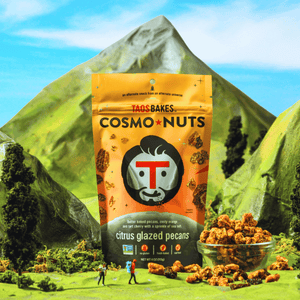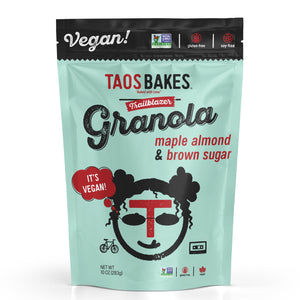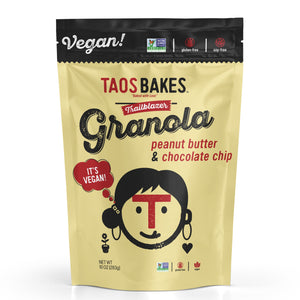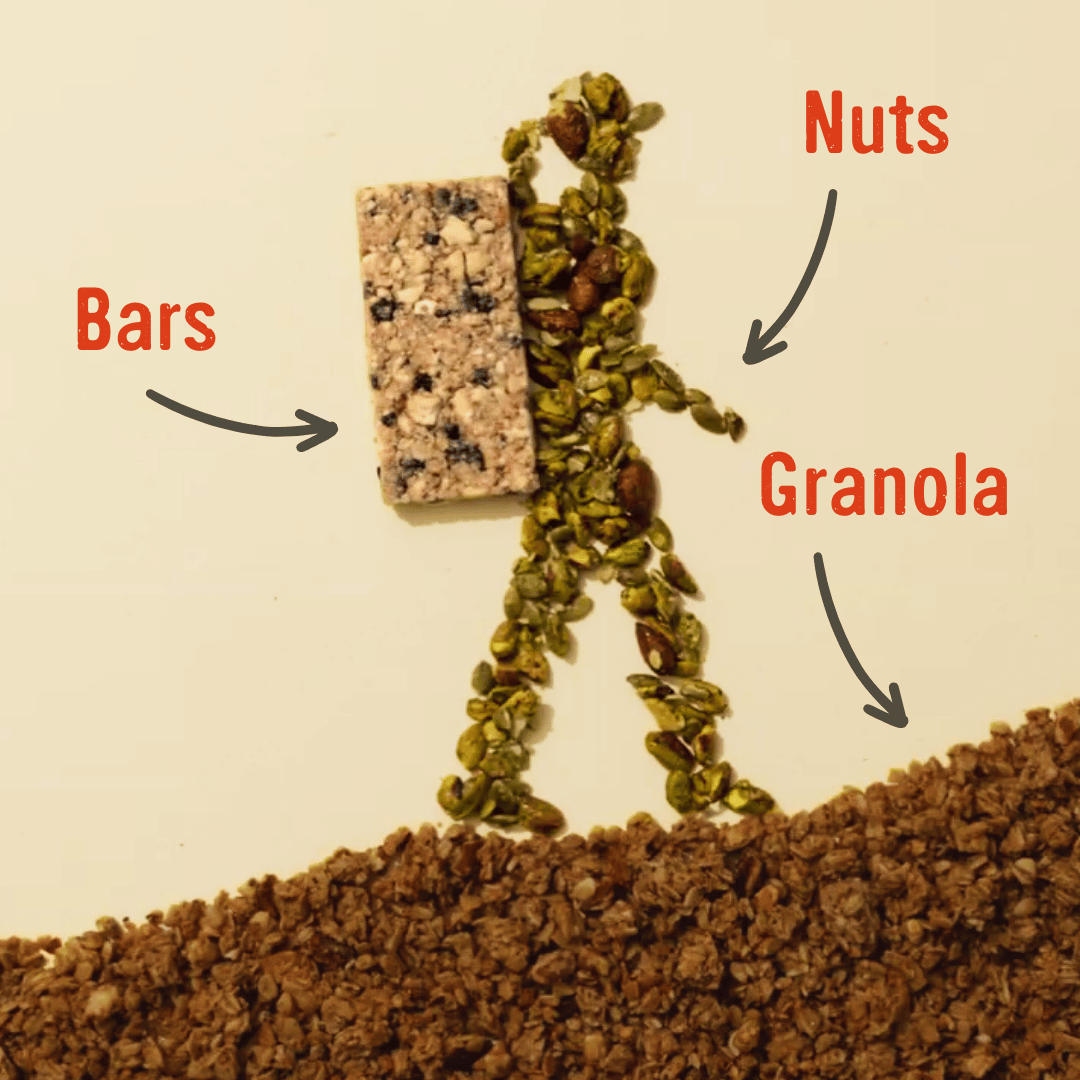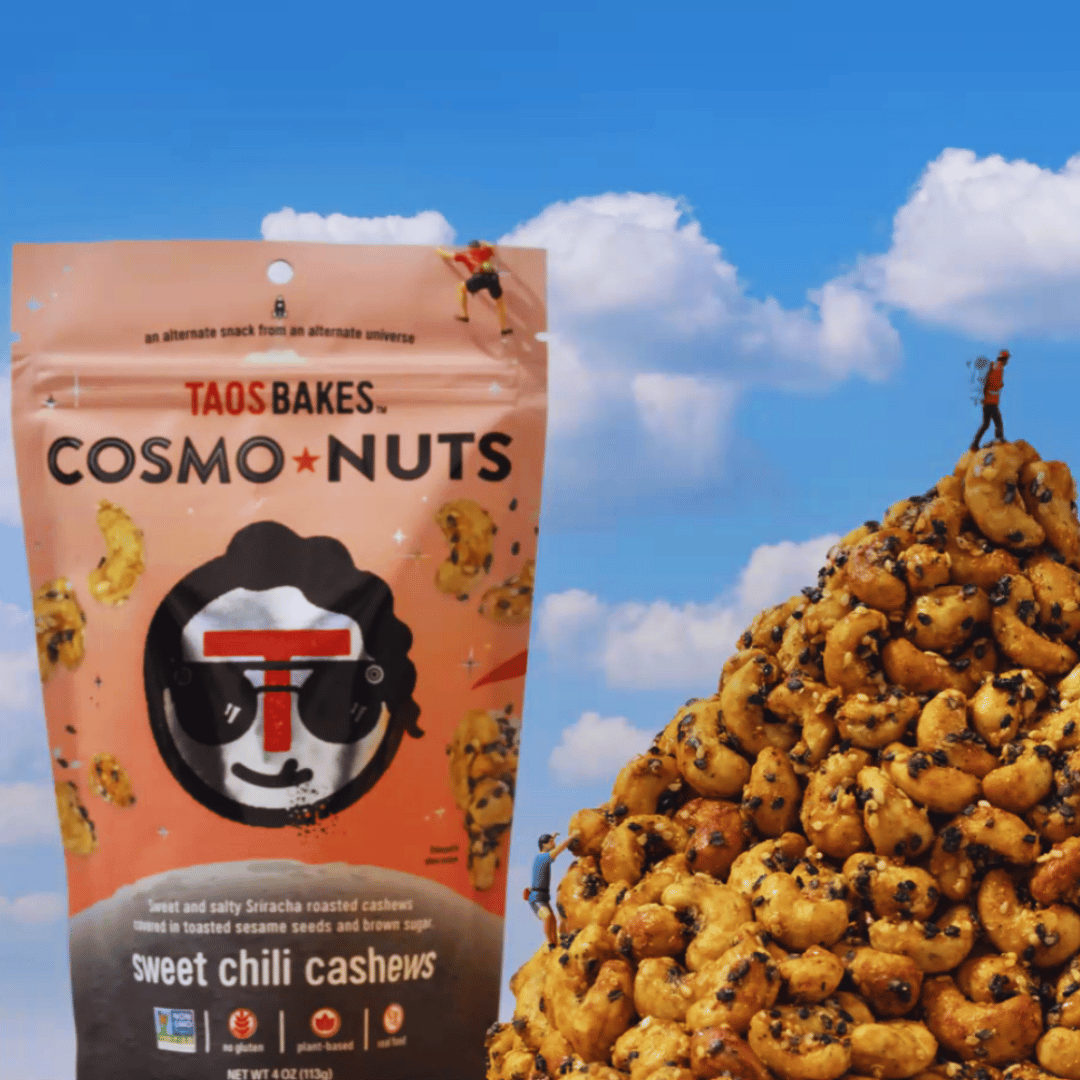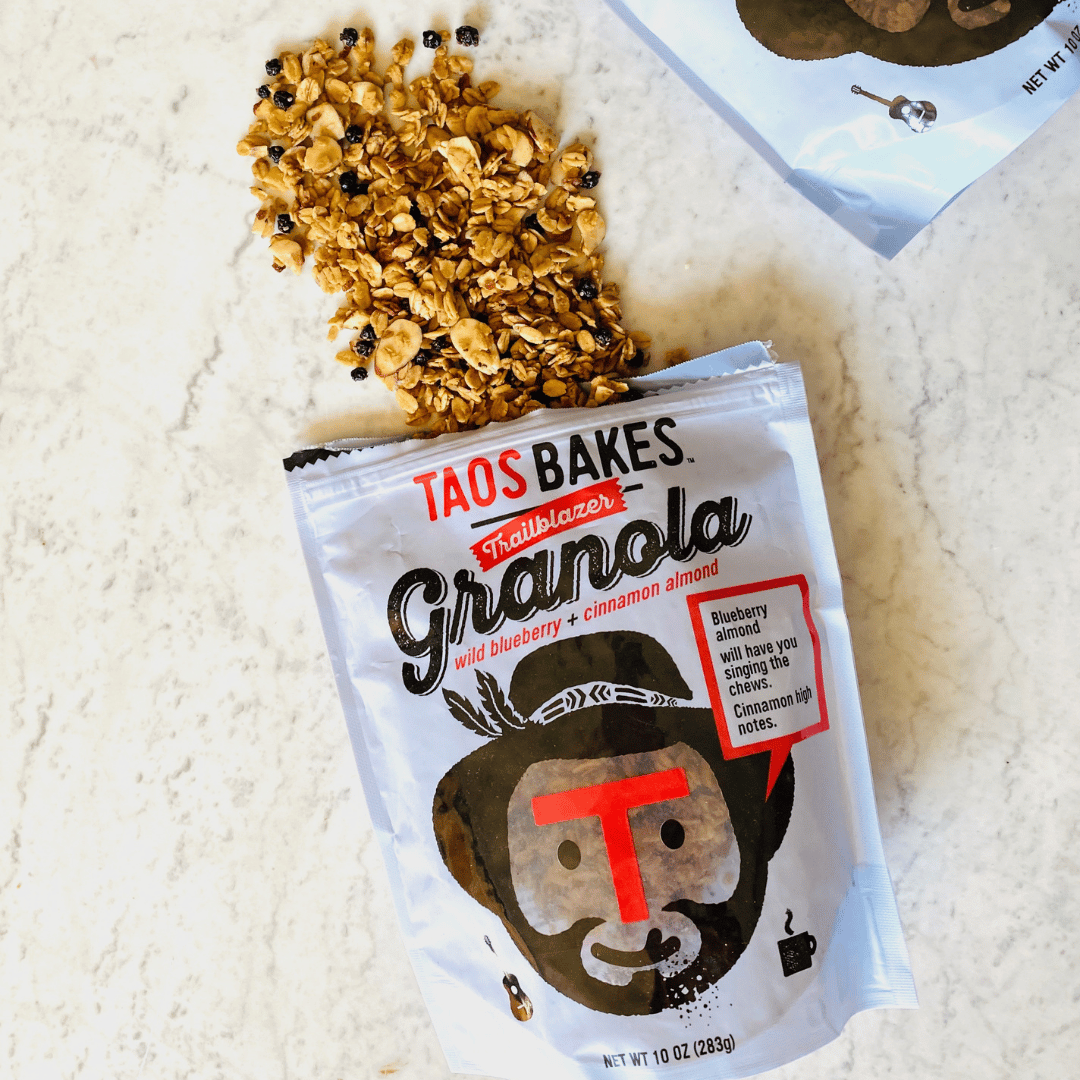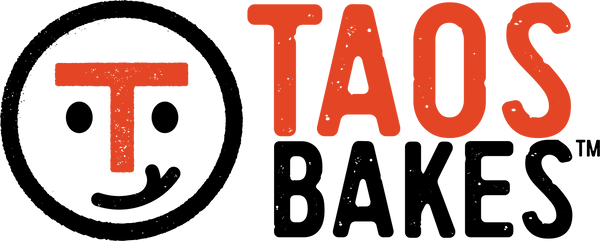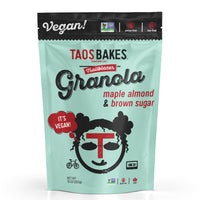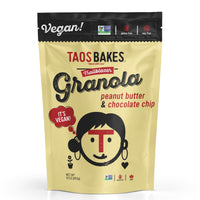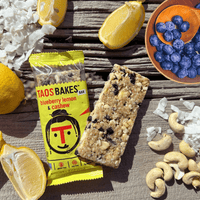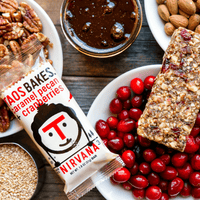At Taos Bakes, we’re obsessed with fueling your body at the cellular level. That’s why we go beyond just clean ingredients—we bake functional nutrition right into every bite. With ingredients rich in niacin, healthy fats, and plant-based energy, Taos Bakes support mitochondrial health and NAD+ production to keep you energized, focused, and thriving from the inside out.
Introduction to NAD
Nicotinamide adenine dinucleotide (NAD) is a coenzyme found in all living cells, essential for cellular processes such as energy production, DNA repair, and cell signaling. NAD exists in two forms: NAD+ (oxidized) and NADH (reduced). This coenzyme plays a critical role in enzymatic reactions that support systemic health and cellular function.
What is NAD+?
NAD+ is the oxidized form of NAD, serving as a cornerstone of metabolic pathways. It facilitates electron transfer in reactions, supporting energy generation and cellular homeostasis. The body synthesizes NAD+ de novo from precursors like tryptophan and aspartic acid or recycles it from dietary components such as niacin (vitamin B3).

NAD and Niacin: A Vital Connection
NAD is derived from niacin, an essential B vitamin. Dietary niacin, in forms such as nicotinic acid and nicotinamide, is converted into NAD+ through pathways like the Preiss-Handler pathway. This relationship highlights niacin’s role in:
- Energy Metabolism: Supporting ATP production by aiding in macronutrient breakdown.
- Biosynthesis: Enabling fatty acid and cholesterol synthesis.
- Detoxification: Regenerating antioxidant systems, including glutathione.
Can NAD Block Cancer?
Research suggests NAD+ contributes to cancer prevention and overall cellular health by:
- DNA Repair: NAD+ serves as a substrate for enzymes like PARPs, which repair DNA damage and maintain genomic stability, reducing mutation risks.
- Cellular Stress Management: NAD+ activates sirtuins, proteins that regulate cell survival, suppress tumor growth, and manage oxidative stress. Low NAD+ levels are linked to increased cancer susceptibility.
- Inflammation Regulation: By modulating inflammatory responses, NAD+ creates a cellular environment less conducive to cancer development.
Restoring NAD+ levels through dietary strategies or supplementation may prevent or slow cancer progression by supporting these protective mechanisms.
Can Niacin Raise NAD Levels?
Studies confirm niacin effectively increases NAD levels:
- Mitochondrial Myopathy Patients: A 2020 study found that niacin supplementation increased muscle NAD levels by 1.3- and 2.3-fold after 4 and 10 months, respectively, and also elevated blood NAD levels.
- Healthy Individuals: Niacin has demonstrated efficacy in boosting NAD levels even in those without deficiencies.
- Biochemical Pathways: Through the Preiss-Handler pathway, niacin ensures efficient NAD synthesis, supporting mitochondrial function and overall health.
NAD in Cellular and Systemic Health
- Energy Production: NAD+ is essential for glycolysis, the citric acid cycle, and oxidative phosphorylation, which generate ATP, the cell’s energy currency.
- DNA Repair: PARP enzymes use NAD+ to repair DNA damage, safeguarding genomic stability and reducing cancer risk.
- Mitochondrial Function: NAD+ supports optimal mitochondrial activity, preventing dysfunction linked to aging and chronic diseases.
Additional Health Benefits of Niacin and NAD
- Cardiovascular Health: Niacin raises HDL (good cholesterol) and lowers triglycerides.
- Cancer Cachexia Relief: NAD supplementation restores energy balance and alleviates muscle wasting in cancer patients.
- Neurological Benefits: Niacin deficiency is associated with depression and dementia; replenishing NAD supports cognitive and emotional well-being.
Aging and NAD Decline
Aging is marked by declining NAD levels, impairing cellular repair, energy metabolism, and stress responses. This decline contributes to age-related conditions such as obesity, diabetes, and neurodegeneration. Counteracting this trend through lifestyle interventions and supplementation offers promising anti-aging benefits.

Boosting NAD Levels Naturally
- Dietary Sources: Niacin-rich foods like poultry, fish, peanuts, and fortified cereals are effective for NAD production.
- Exercise: Physical activity stimulates NAD biosynthesis and enhances mitochondrial function.
- Supplementation: NAD precursors like nicotinamide riboside (NR) and nicotinamide mononucleotide (NMN) offer targeted support.
Emerging Research and Therapeutic Potential
Ongoing studies explore NAD+ as a therapeutic target for neurodegenerative diseases, cardiovascular disorders, and metabolic syndromes. Its role in extending healthspan and mitigating chronic illnesses positions NAD+ at the forefront of longevity science.
NAD+ may be the key to cellular energy, longevity, and total body resilience—and it all starts with what you eat. Taos Bakes products are crafted with nutrient-dense, real ingredients that help nourish your body’s natural NAD+ pathways. Clean fuel, bold flavor, and science-backed benefits—because your snack should do more.
